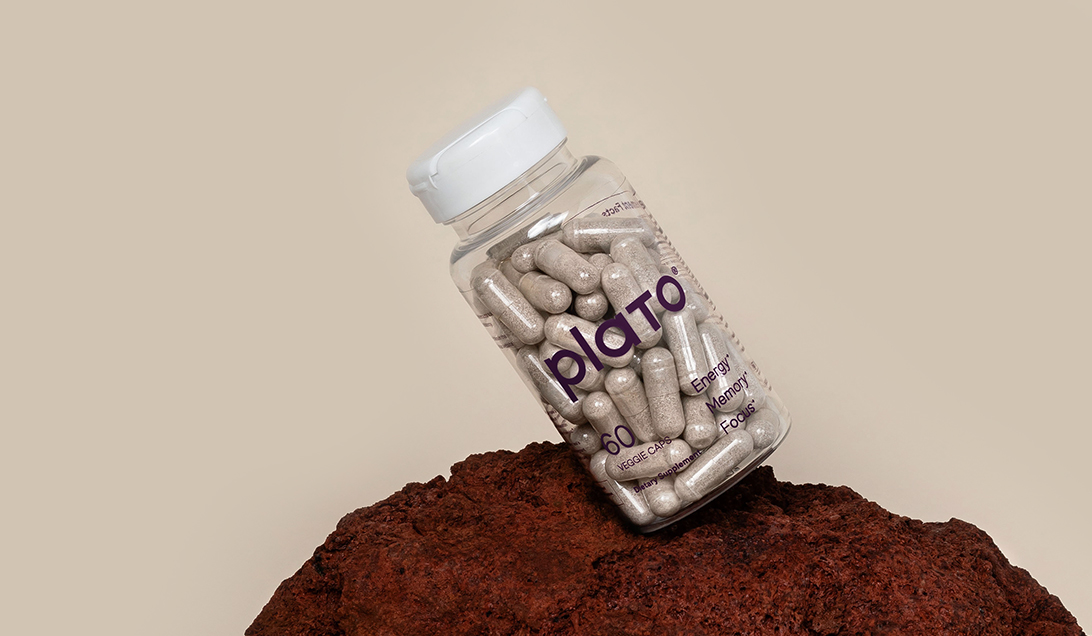A: So many reasons! Ready?
When you concentrate material, you tend to concentrate everything about it. As an analogy, you might drink tap water all the time and have no problem with the levels of contaminants in your water. BUT, if you boil a pot of that water, refill it, boil it again, refill it, boil it again, etc etc, you might end up with a broth of contaminants that is not something you would want to drink.
Similarly, when you make a product that comes in pill form, you’re concentrating a lot of stuff into a small package (that’s the idea, right?)
As it happens, plants can be very good at pulling things out of their surrounding environment. It’s how they make more plant out of dirt and air. That means that some plants can also concentrate contaminants from their environment as well. One of the things we’re looking for in our first testing step (raw materials testing), is contaminants present in the material itself. In our case, these are standardized extracts that have already gone through many rounds of testing at the facilities of our suppliers and come with their CoA (certificates of analysis). They’re then tested by our manufacturer’s testing facility and their 3rd party testing lab as well, because, as the old saying goes, ’trust but verify’.
The types of things we’re looking for in raw materials testing are: misidentification of the plant (you’d be amazed how many *finished* products would fail this test), misidentification of the component of the plant (root vs aerial, etc), and potency (how much of the active ingredients are present).
The second testing step is on the incorporated product – the stuff that comes out of the bottle. Here we’re looking for fungal or yeast contamination, accumulation of heavy metals, or bacteriological contamination. We also test L-Theanine quantity on the finished product as an indicator of the consistency of the blend from the known raw ingredients.
This is far more testing than is given almost any product on the market today. It takes time, coordination, research, and money to subject your raw ingredients and finished product to this level of testing, but we do it because any less would result in an unacceptable level of uncertainty about the key things we care about in our product – safety and efficacy.
We’re not here to save money and make a quick buck. We’re here to make a product for ourselves, our friends, our families, etc. This is the level of testing you need to be certain of what you’re getting in the bottle.
To read more about how we test Plato far more than almost any supplement on the market, and why that kind of testing is so important, please check out our blog post titled ‘How We Test Plato.’












